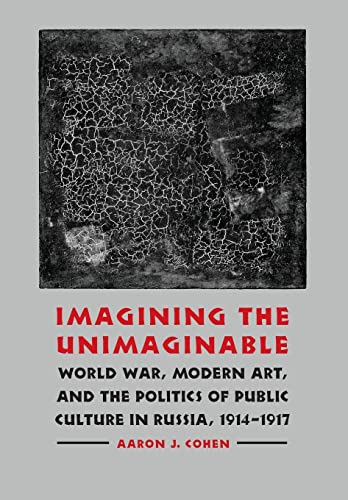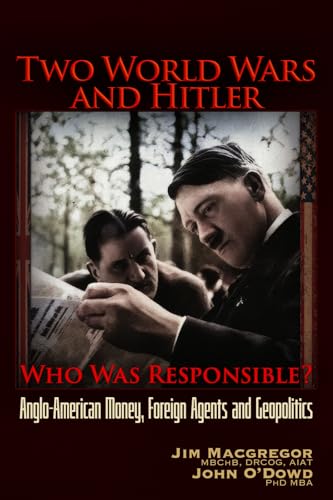
Imagining the Unimaginable
by Aaron J. Cohen
"World War, Modern Art, & the Politics of Public Culture in Russia, 1914-1917"
Popularity
3.09 / 5
* A book's popularity is determined by how it compares to all other books on this website.
Where to buy?
Buy from Amazon* If you buy this book through the link above, we may receive a small commission at no extra cost to you.
Imagining the Unimaginable by Aaron J. Cohen
Details
War:
World War I
Perspective:
Researcher
Biography:
No
Region:
Europe
Page Count:
246
Published Date:
2008
ISBN13:
9780803215474
Description
Main Themes and Topics
Imagining the Unimaginable by Aaron J. Cohen delves into the pivotal role of World War I in shaping Russian culture, particularly focusing on its impact on visual art. The book explores the interplay between warfare and artistic expression, revealing how the chaos and upheaval of war provided a fertile ground for modern art movements to thrive in Russia. Cohen meticulously examines the transformational effects of the war on Russian aesthetics, suggesting that this conflict played a more crucial role than widely perceived socio-political events, such as the Russian Revolution, in influencing the trajectory of Russian cultural development.
Writing Style and Tone
Aaron J. Cohen’s writing in Imagining the Unimaginable is both scholarly and accessible, making it an engaging read for both academics and general readers interested in cultural history. His tone is analytical yet vivid, carefully weaving historical analysis with detailed examinations of art and cultural artifacts from the World War I era. Cohen's ability to present complex ideas in a clear and compelling manner is one of the book's strengths, drawing readers into the rich tapestry of Russian cultural transformation during a tumultuous period.
Brief Summary
Imagining the Unimaginable explores the significant impact of World War I on Russian visual arts and culture. The book argues that the wartime environment catalyzed a wave of innovative and iconoclastic modern art in Russia. By focusing on visual art as a lens, Cohen illustrates how the conflict reshaped cultural expression, challenging previous conventions and laying the groundwork for future artistic developments in the country. Through his examination, Cohen makes a compelling case for re-evaluating the influence of the war in comparison to other historical milestones like the Russian Revolution.









